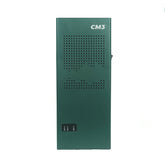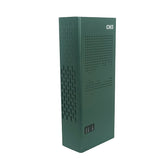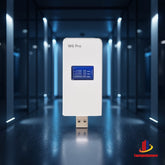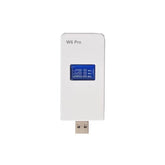How WiFi blockers work and their impact on wireless networks
A WiFi jammer is a device that interferes with or blocks the normal operation of a WiFi network by emitting specific wireless signals. Understanding how a WiFi blocker works can help us understand its impact on wireless networks.
Here’s how a WiFi jammer works:
Spectrum interference: WiFi blockers interfere by emitting wireless signals at the same frequency as the WiFi signal. These wireless signals conflict with the WiFi network's signal, causing interference and reduced signal quality.
Signal blocking: WiFi jammers can block the transmission of WiFi signals by emitting high-power wireless signals. These powerful signals exceed the reception range of WiFi devices, making them unable to connect to WiFi networks or get a reliable signal.
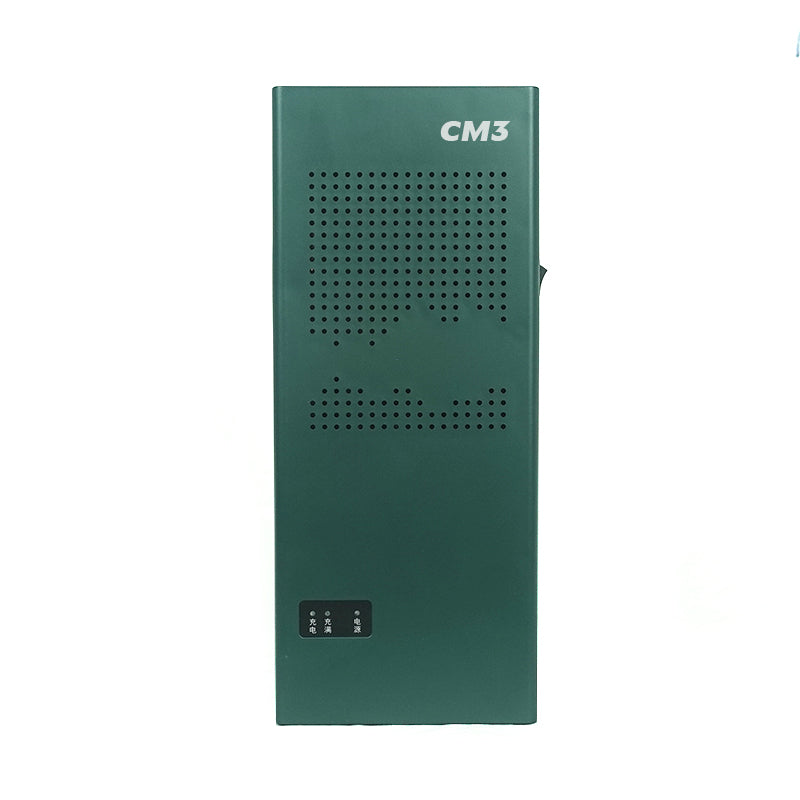
Channel interference: WiFi networks typically operate in different channels in the 2.4GHz and 5GHz frequency bands. WiFi jammers can emit a wide range of wireless signals simultaneously, disrupting these channels and making communication between WiFi devices difficult or unfeasible.
Due to the effect of WiFi blocker, it has the following effects on wireless networks:
Signal weakening or failure: The interference of the WiFi jammer will cause the strength of the WiFi signal to decrease or disappear completely, making the wireless device unable to connect to the network or communicate stably.
Network latency and reduced speed: When WiFi signals are interfered with, network latency increases and data transfer speeds decrease. This can cause slowdowns in online activities such as extended web page loading times, video buffering, etc.
Unstable connection: The interference of WiFi blocker may cause the WiFi connection to be unstable, with frequent disconnection or loss of connection. This will have a negative impact on the network usage experience, especially for situations such as real-time applications and online games that require stable connections.
Network Outages and Malfunctions: Severe WiFi blocker interference can cause the WiFi network to be completely disrupted or non-functional, preventing wireless devices from connecting to the network or making any wireless communications.
It should be noted that using WiFi blockers to interfere with WiFi networks is illegal and may violate relevant telecommunications laws and regulations. Interference with wireless networks not only affects other people's connections and communications, but can also lead to legal consequences and disputes. Therefore, you must comply with local laws and regulations when using signal jammers.


